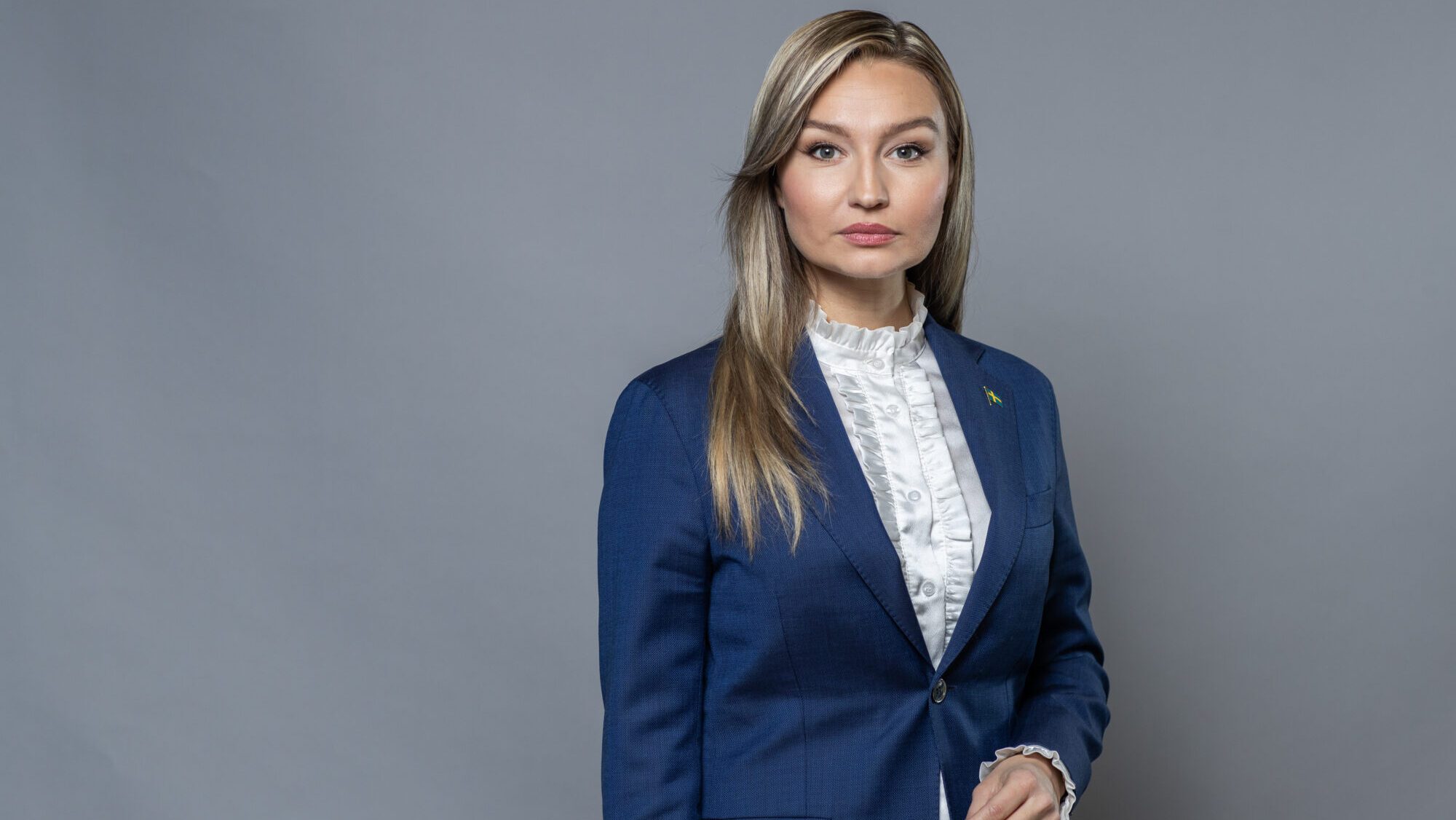
Ebba Busch
Photo: Kristian Pohl/Regeringskansliet
Sweden’s voting system must adopt “higher standards” to prevent it from being swayed by non-citizens, deputy prime minister Ebba Busch has argued.
Busch also believes the path to citizenship should itself be strengthened, and earlier this year sparked a “nationwide debate” by claiming “Islam must adapt to Swedish values,” and that “Muslims who do not integrate must leave the country.”
The Christian Democrats leader said in a post on Facebook that around 603,000 non-Swedish citizens were eligible to vote in the 2022 municipal elections, adding that “today it is possible for someone who has lived in Sweden for three years to vote.”
Here we need to set higher standards, or consider if this time frame is actually reasonable. Potentially the votes of non-Swedish citizens can become decisive in a municipal election.
Busch believes this three-year limit should be extended, but has yet to specify the extent to which the law should change. “It just doesn’t make sense,” she claimed, for a “few thousand citizens from another country” to be able to “change a municipality’s entire programme.”
The deputy PM also stressed that she does not believe the voting rights of all immigrants ought to be reviewed—simply that “I want to review the opportunity of non-citizens to vote.”
But the proposal is still bound to receive heavy criticism, not least because—as Dutch news site Nieuw Rechts suggested—if it is implemented, “left-wing parties in particular would attract fewer voters.”
Swedish leftist writer and journalist Göran Greider has already bashed—on social media site Bluesky, no less—Busch’s proposed measures as “an attempt to reduce democracy in our country.”
The Christian Democrats’ party colleague and MEP Alice Teodorescu Måwe’s added suggestion that only those who recognise the State of Israel’s right to exist may be granted citizenship also promises to stir a great deal of controversy.
